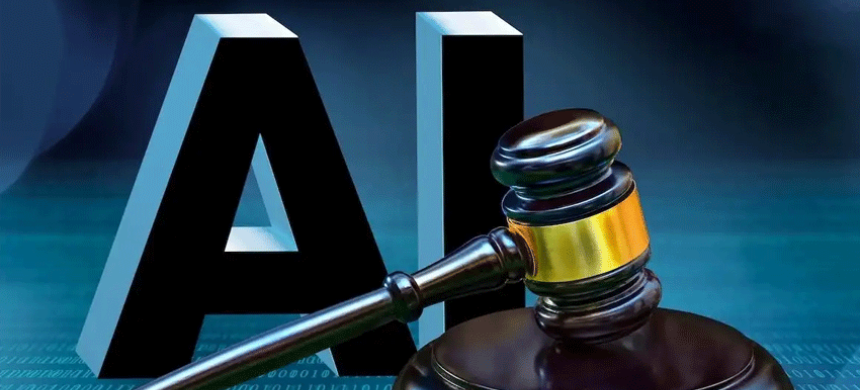A growing number of US lawyers are facing judicial scrutiny for submitting court filings with fictitious legal citations generated by artificial intelligence (AI), raising concerns about unverified AI use in legal practice.
In the latest case, two attorneys risk sanctions after a Wyoming federal judge discovered fabricated citations in a lawsuit against Walmart. One lawyer admitted using an AI tool that produced the false references, calling it an inadvertent mistake.
Following this incident, leading law firm Morgan and Morgan, with over 1,000 attorneys, issued an internal warning against unverified AI use in legal documents.
Increasing AI Use in Law
The Wyoming case is one of at least seven similar incidents in recent years where courts have questioned or penalized lawyers for submitting AI-generated legal fiction, according to a Reuters report.
Read More: Meta Unveils Tool to Watermark AI-Generated Videos
A 2023 Thomson Reuters survey found that 63% of lawyers use AI, with 12% relying on it regularly. Law firms are integrating AI into research and drafting processes, but generative AI remains prone to fabricating information, known as “hallucinations.”
Judicial Crackdown
Federal judges are taking action against AI-related legal errors:
- In June 2023, a Manhattan court fined two New York lawyers $5,000 for citing non-existent cases.
- In November 2023, a Texas federal judge fined a lawyer $2,000 and mandated an AI law course after citing fictitious cases.
- Last month, a Minnesota judge ruled that a misinformation expert had damaged his credibility by citing AI-generated references.
Legal ethics require attorneys to verify their submissions. The American Bar Association has reinforced this stance, warning that even unintentional AI-generated errors could result in disciplinary action.
‘Lack of AI Literacy’
Experts argue that AI misuse stems from inadequate understanding rather than flaws in the technology. Legal scholar Harry Surden noted that errors in filings have always existed but are now magnified by AI use.
To avoid professional consequences, lawyers must invest time in understanding AI’s limitations and verifying all AI-generated research before submission.











